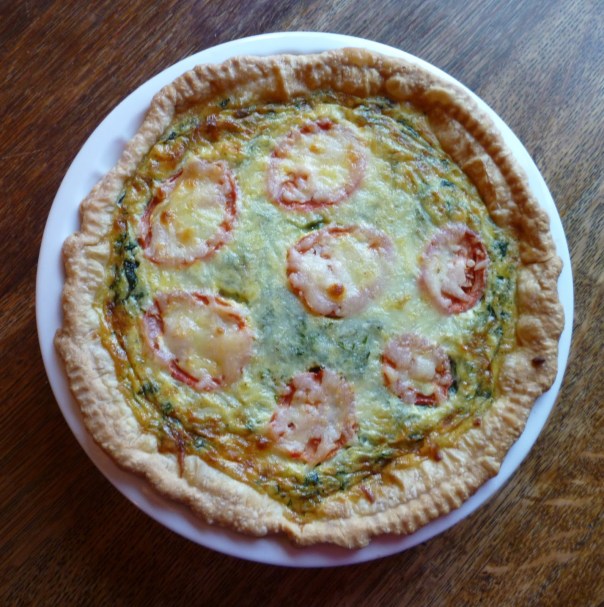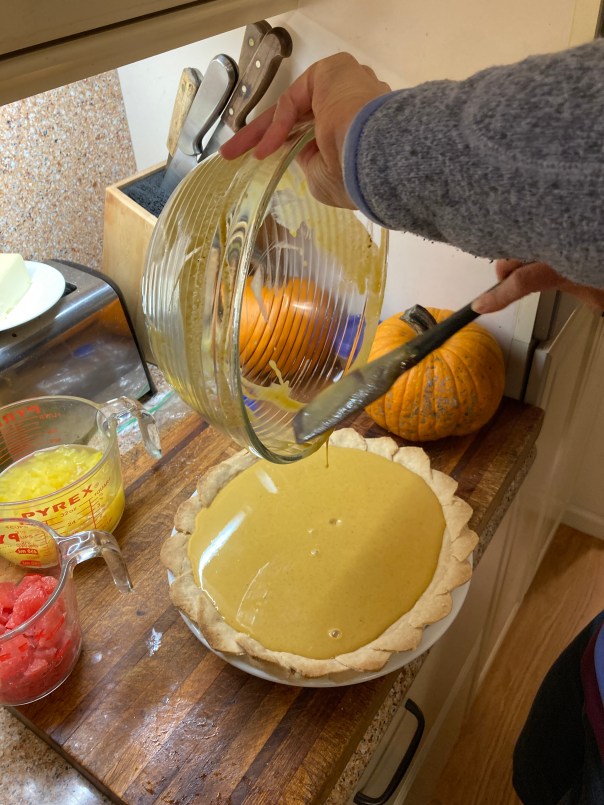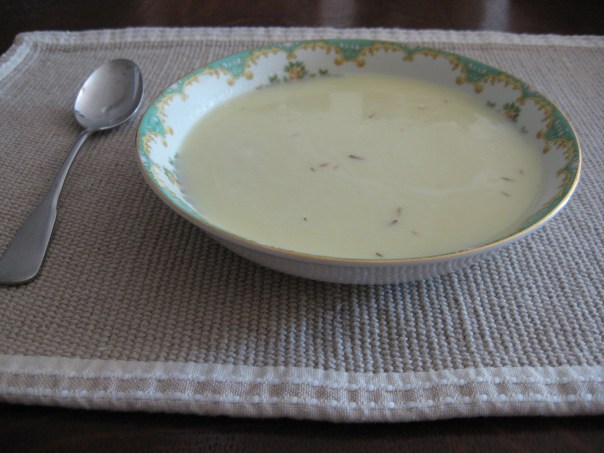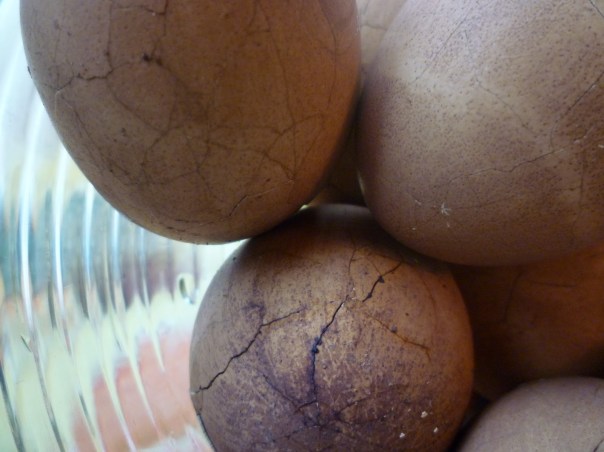I’m taking a break for Lent.
This will be my last post until after Pascha,
which is April 12.
Let us understand …that what the Church wants us to do during Lent is to seek the enrichment of our spiritual and intellectual inner world, to read and to meditate upon those things which are most likely to help us recover that inner world and its joy. Of that joy, of the true vocation of man, the one that is fulfilled inside and not outside, the ‘modern world’ gives us no taste today; yet without it, without the understanding of Lent as a journey into the depth of our humanity, Lent loses its meaning.
-Father Alexander Schmemann, Great Lent
Man will not have peace in his heart until he… says,
“God and I are alone in the entire world.”
-St John of Tobolsk









